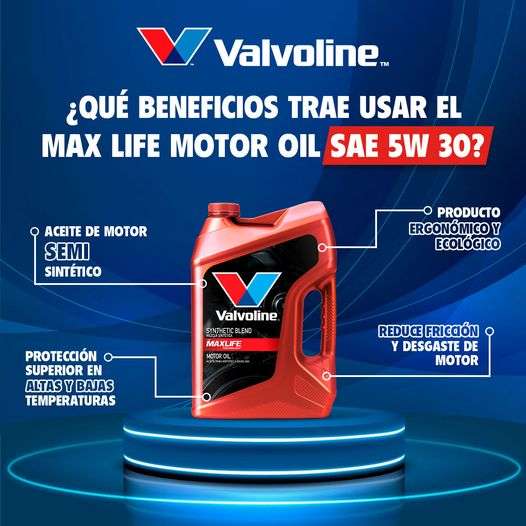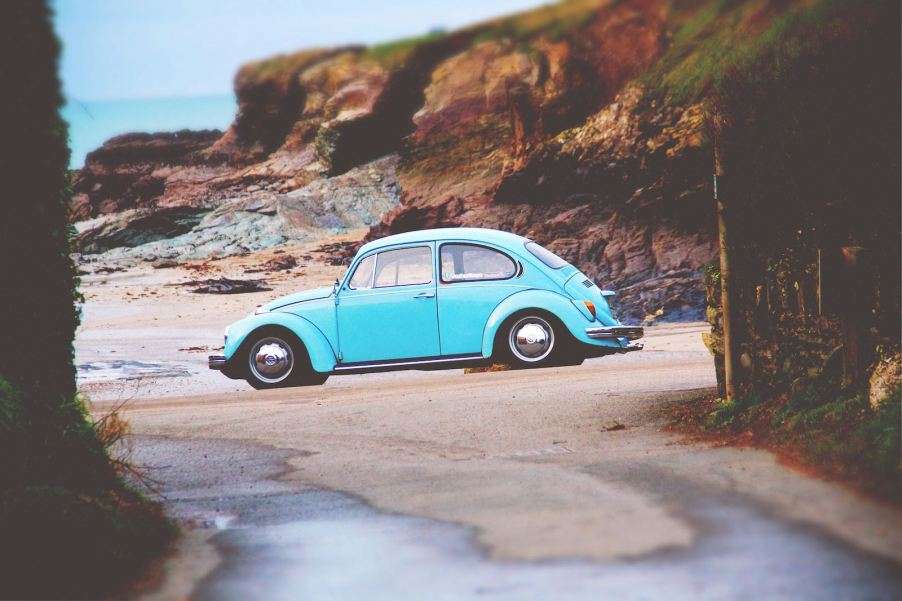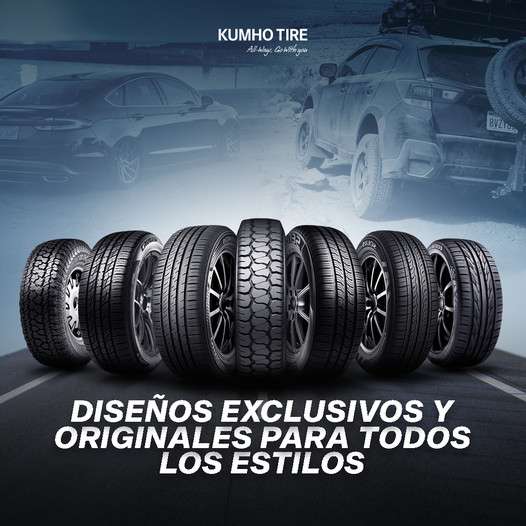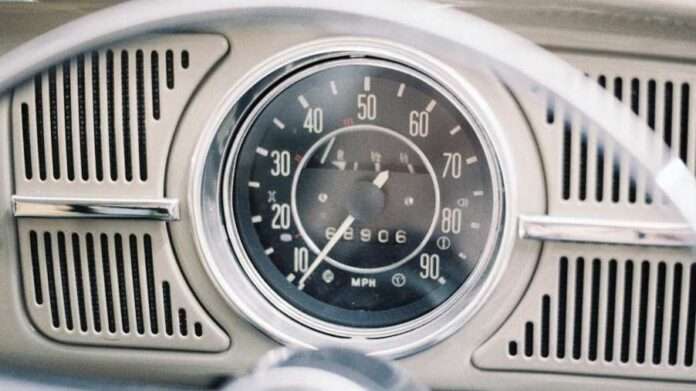Some products are designed so well, they sell without a major change for decades. Les Paul nailed the shape of its iconic guitar in 1952. Converse has made its “Chuck Taylor” All Stars since 1922. Levi Strauss introduced its “XX Waist Overalls” in 1873, a design it perfected in 1901 and renamed the “501.” Finally, the Dixon Company unveiled its “Ticonderoga” pencil model around 1870.

Cars are a bit different. Automakers tend to redesign popular models at least once a decade. They also do “mid-cycle” redesigns to update models with eye-catching new chrome. But the Volkswagen Beetle went against the trend. VW built this car, virtually unchanged, from 1938 through 2003. That’s right, by the end of its run, this mighty little car’s design was 65 years old!

The VW Beetle had slightly unsavory origins: Adolf Hitler wanted a “people’s car” (Volkswagen in German) to mass produce. He enlisted the help of Ferdinand Porsche, and the Beetle was born. After Germany’s surrender, the U.S. realized that encouraging the country to export the compact could help fund rebuilding efforts. The result is the longest-run and most-produced vehicle platform in history: VW sold 21,529,464 Beetles by the time it ceased production in 2003.
I know what you’re thinking: 2003!? Volkswagen opened a factory in Mexico which continued to produce Beetles until 2003. Yup, you could still buy an original even after the “New Beetle” was introduced. This is why the VW Beetle is still a common sight in Mexico. Its been adopted as an unofficial car of the country, and the factory workers formed a mariachi band to serenade the final one as it rolled off the assembly line.

The VW’s rear engine, RWD design and air-cooled motor meant it had the absolute minimum number of moving parts. It was fuel efficient, and in most markets it was allowed to carry five passengers. Its looks were simple but attractive. While many automakers try to continually improve models to increase sales, VW realized early that “less is more” with the Beetle.

Some of the Beetle’s imitators were also its longest-running competitors. For example the Citroen 2CV was an air-cooled compact sold from 1948-1990. The Peugeot 504 was instrumental to making front-engine, FWD cars popular between 1969 and 2006. The MINI from England sold from 1959-2000. And of course VW introduced the Rabbit (first-gen Golf) in 1975 to replace the Beetle. That front-engine, FWD compact sold in some markets until 2009.













